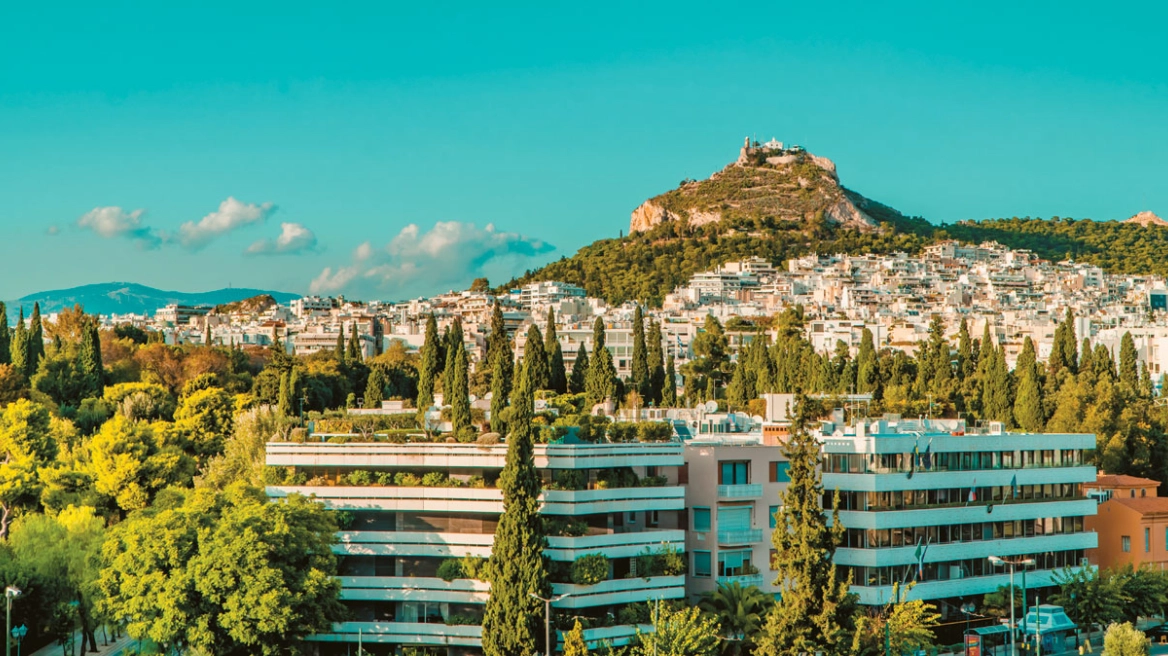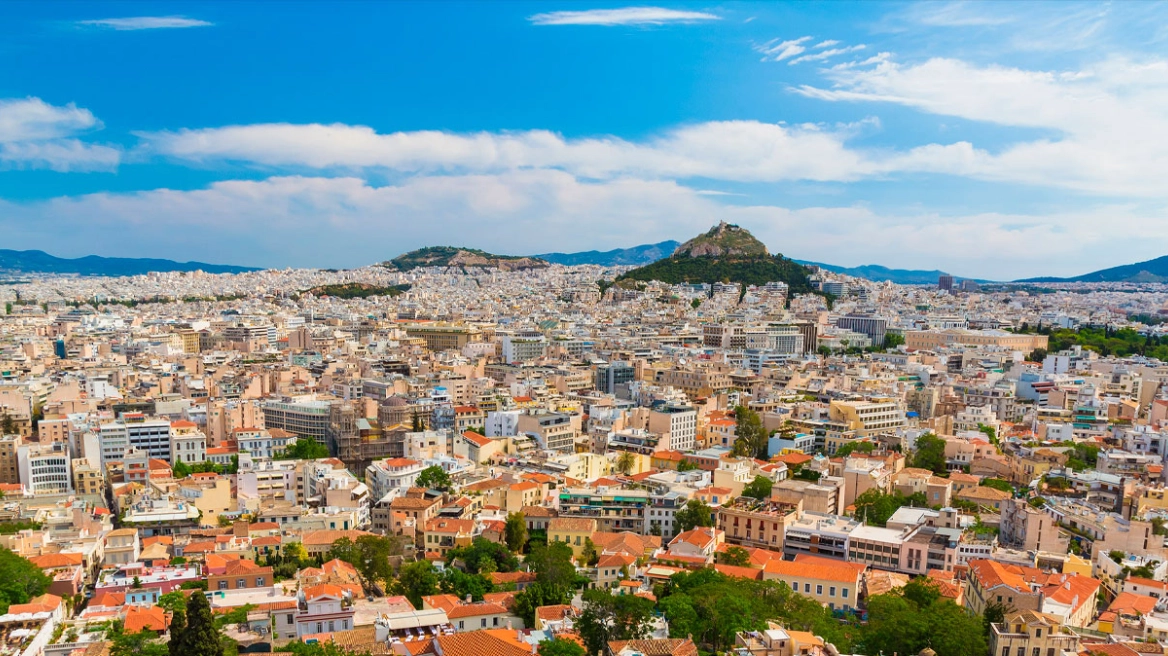The Ionian Revolt was a series of revolts that broke out in Asia Minor at the beginning of the 5th century BC. At that time, the whole of Asia Minor was under the rule of the Achaemenid Empire. The central part of the region’s west coast was known as Ionia.
The Ionians were Greeks who had settled in that part of Asia Minor around the end of the 2nd / beginning of the 1st millennium BC. Ionia was conquered by the Achaemenids during the 6th century and became one of the empire’s satrapies.
At the beginning of the 5th century, the Ionians revolted against Persian rule . The rebels obtained some help from Athens and Eretria, though not much. Nevertheless, the little aid provided by the Greeks to the Ionians angered Darius I, the Achaemenid ruler at that time.
Shortly after the revolt in Asia Minor was crushed, Darius I invaded Greece. Thus, the Ionian Revolt may be considered to be the prelude to the Graeco-Persian Wars, which would last until the middle of the 5th century BC.
The Ionians Form Settlements
Around 11th century BC, the Ionian tribal group left their homeland in Greece to settle on the west coast of Asia Minor. The Ionians, incidentally, were not the only Greek group to migrate there, as the Aeolians and Dorians were doing the same thing. The Ionians settled in the area between the Gulf of Smyrna (known today as Izmir) and the Gulf of Mandalya.
Initially, there were many small Ionian settlements in the area. By the 8th century BC, however, the Ionians had settled along the entire coastline, and organized themselves into 12 major cities – Phocaea, Erythrae, Clazomenae, Teos, Lebedus, Colophon, Ephesus, Priene, Myus, Miletus, Chios, and Samos.
The first 10 cities were located on the mainland, while the other two were on islands. The Ionian cities were independent of each other. Nevertheless, recognizing their shared cultural heritage , the Ionians established the Panionium, which was a sanctuary dedicated to Poseidon Helikonios, as a place where they could meet.
The Ionians made some important contributions to Greek civilization , one of which being early Greek philosophy and science. The Ionian city of Miletus is regarded to be the birth place of Western philosophy, as it was here that the first philosopher, Thales of Miletus, is recorded to have lived.
Thales, Anaximander, and Anaximenes (the former a pupil of Thales and the latter a pupil of Anaximander) formed the Milesian school, which flourished during the 7th century BC. Other early philosophers from Ionia include Xenophanes of Colophon, Pythagoras of Samos, and Heraclitus of Ephesus.
Read more HERE
Ask me anything
Explore related questions





